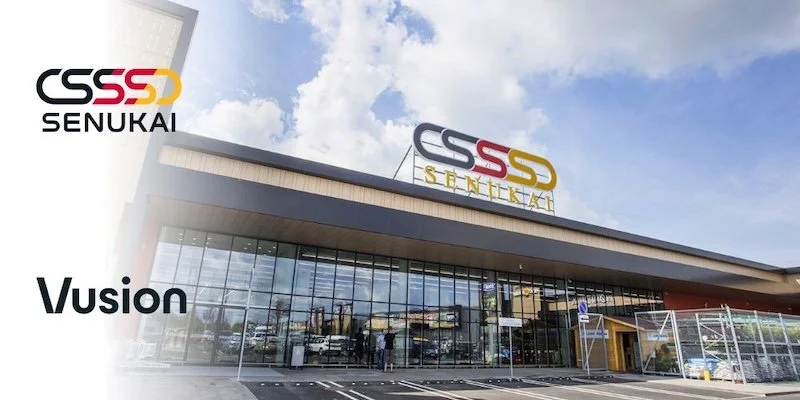4 key investments to streamline your HR
Often, one of the highest costs to a business is the wage bill. The bigger the company, the higher this grows. Whatever your company does, you will need a team of people to look after hiring, training, and paying the rest of the staff.
The bigger your team, the more potential challenges your human resources department will need to contend with. These could range from dealing with staff sickness, managing disciplinary and grievance matters as they arise, right through to creating strategies to improve the workplace culture within the company.
Invest in process
Streamlining your human resource processes will allow you to save time and money. Using talent management software, you can post vacancies and manage the entire recruitment process easily, from one place. This is not just good for you; it's good for the applicant. Once hired, your new employee's details are already collated, meaning much less administration as they become part of the payroll system.
Many companies have separate systems in place for all of these areas, but this can become very labor intensive to manage, especially when you have a large number of people on your payroll, and many new starters or leavers each month.
Invest in people
By freeing up time, this leaves HR teams to spend more time in training and retaining. Keeping staff motivated and happy in the workplace will lead to higher retention and as such improved productivity.
Spend some time understanding the motivations of your team. Ask questions to understand if money and the potential for bonuses is their primary driver, or if the workplace culture is more important. You should be improving your offer in both of these areas anyway, but it is always useful to understand your team as individuals.
Many workplaces will offer recreational areas where staff can unwind, with games and activities they can do in groups. This builds relationships within the team and provides an element of release from any of the pressures of the job.
Invest in training
Training not only improves the skills within your team, but it also shows that you have an interest in helping the individual develop. Having an ongoing internal training program is crucial in making your staff feel supported and appreciated.
Supporting external training within your team is helpful too. Paying for training from elsewhere brings new skills and information into your organisation, and signals a higher degree of interest, trust, and support in the individual.
Invest in communication
One of the most significant areas for development in a lot of companies is communication. Where staff are well briefed and in the loop about the current state of the company, they feel as though they are part of something. Not telling your existing teams about plans to expand, or downsize can signal a lack of interest in them. Having regular briefing sessions, meetings, conference calls, or sending out a bulletin periodically highlighting company progress, new developments, opportunities, and praising team achievement can have a positive effect on morale.










Continue reading…